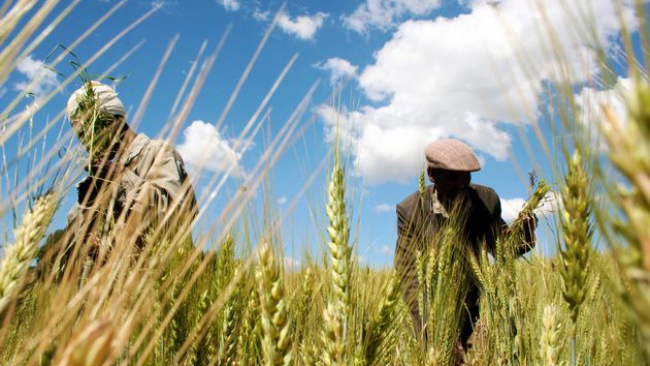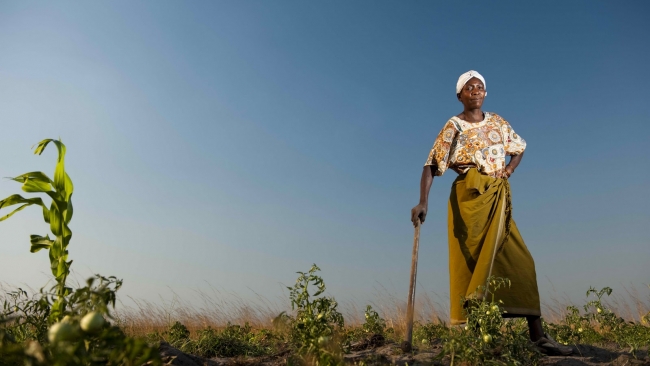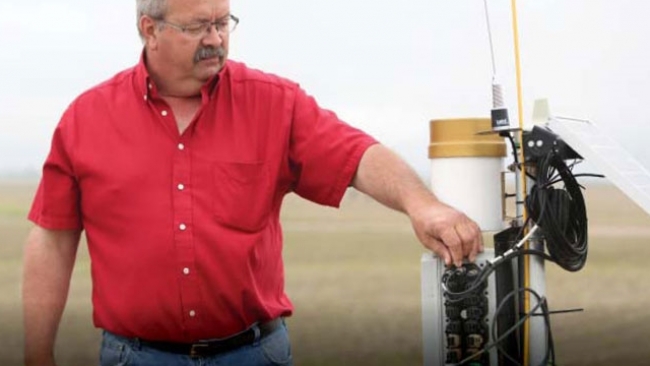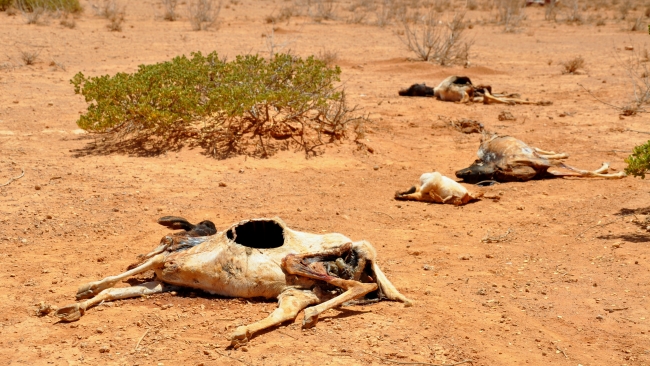Forgotten Crops May Hold Key to Nutritional Security

UC Davis is partnering in a global plant-breeding consortium that is fighting malnutrition and poverty in Africa by improving the traditional crops of the continent. The African Orphan Crop Consortium — conceived by Howard Shapiro, a senior fellow at UC Davis and the chief agricultural officer at Mars, Incorporated — is making great strides in its ambitious attempt to map and make public the genomes of 101 indigenous African foods. These “orphan†crops are crucial to African livelihood and nutrition, but have been mostly ignored by science and seed companies because they are not traded internationally like commodities such as rice, corn and wheat. The genomic data on African orphan crops will help plant breeders more quickly select for traits that improve the nutritional content, productivity and resilience of Africa’s most important food crops. The ultimate goal of the consortium is to eradicate stunting — a medical affliction resulting from chronic malnutrition that affects about 195 million children around the world. In some African countries, about 40 percent of the children under age 5 are stunted and never reach their full potential — physically, mentally or economically. Uncommon collaboration Launched in 2012, the African Orphan Crop Consortium brings together Mars, UC Davis, and a wide range of researchers, industry groups and policymakers. Together, collaborators have contributed about $40 million of in-kind support. The World Agroforestry Centre built a state-of-the-art genomics laboratory in Nairobi, Kenya, and UC Davis expanded its intensive, hands-on Plant Breeding Academy into Africa. At the Plant Breeding Academy, Africa’s top breeders learn how to incorporate genomic information, statistics and the latest breeding strategies into their programs. To improve a crop, breeders traditionally cross plants with desired traits and select the best offspring over multiple generations. Some traits, such as flavor and size, are often determined by many genes acting together, while other traits, like disease resistance, may be regulated by a single gene. Once a plant genome has been sequenced, breeders can home in on genes that affect specific traits and select for those genes at the seedling or seed stage. This accelerates the crop improvement process.
Read more at UC DavisSource: UC Davis
Thu 25 Feb 2016 at 07:59





